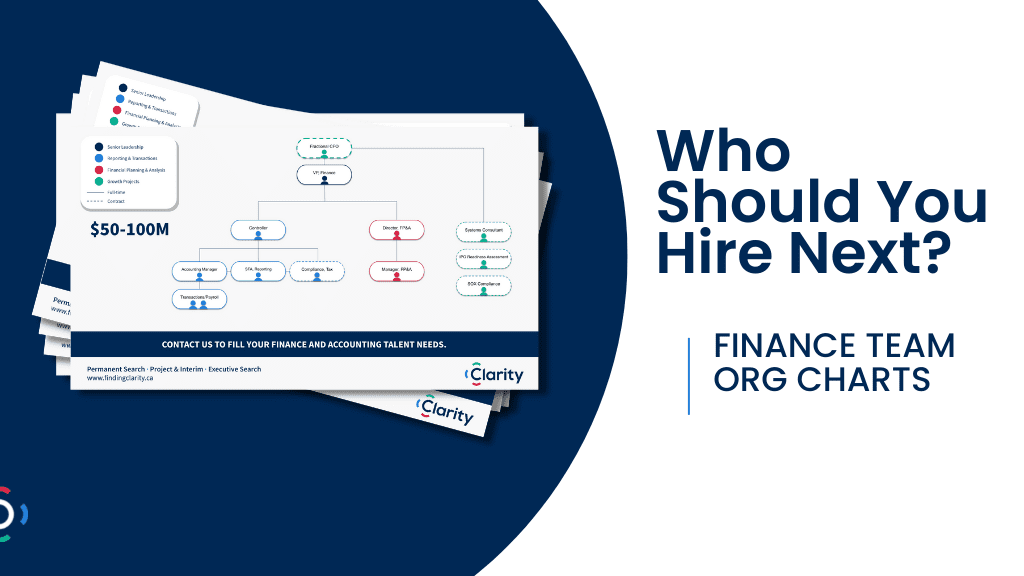Let’s face it: some hiring managers have a love-hate relationship with recruiters.
They may see third-party staffing agencies as a necessary evil, one that they are forced to live with due to factors beyond their control. Their organization might have a special or urgent need to staff — for example, a sudden or unexpected vacancy, or a position that’s gone unfilled for too long already — that can’t be handled in-house. Maybe the HR department doesn’t have the budget or manpower right now to conduct a comprehensive job search itself. Or maybe the internal recruiting process has already come up short, and there’s no room for further misfires. After all, the hiring process can be long and costly, even at the best of times. From combing through resumes and scheduling (and rescheduling) first, second, and third interviews to following up with references and conducting background checks — it’s a big job.
That’s where recruiting agencies are supposed to come in and save the day. These are, after all, highly trained and experienced professionals who do nothing but place professionals, so that their clients can get on with business as usual. And yet, for many HR directors and internal recruiters, their staffing partners can prove to be the source of more headaches than help.
Having sat on both sides of the desk, as both a hiring manager and a recruiting vendor, I’ve shared and heard my share of horror stories about recruiting agencies. In this post, we’ll look at the recruitment industry from the perspective of the clients, and consider some of the most common complaints that recruiting firms face; in our next post, we’ll look at how Clarity has tried to anticipate and address these issues.
1. No real differentiation between recruiting vendors
“Seen one recruiter, seen them all” is a standard refrain among hiring managers. On the phone or in person, they sit through presentation after presentation from dozens of different agency recruiters, all of whom claim to be “different” from the others.
Yet once they get past the canned sales pitches and recycled buzzwords, clients begin to notice that every vendor is saying the exact same thing about how “different” they are from the rest — but without showing exactly how they’re different. How do you choose one firm over another if neither can demonstrate how it separates itself from the pack?
Imagine trying to choose between job candidates who have basically comparable work histories, qualifications, and references, but can’t explain what unique value or skills they would bring to the company; even the most discerning among us would have a hard time making that call. (Wasn’t that the whole point of looking to a third-party recruiter in the first place — to bring aboard someone capable of sorting through a pool of candidates who might appear indistinguishable on paper?)
Clients want partners who understand the competitive nature of the marketplace — not only in their clients’ industries, but in their own, i.e., the recruitment industry. Clients want a recruiter who knows what its competitors offer, and shows how it is different — what actual services or value it provides that no one else can.
2. No commitment to innovation or investing in technology
It’s 2012, and we live in a digital age. Technological advances have developed at a breakneck pace over the past two decades, from the Internet to social media — technologies that almost every other industry has had to incorporate into their practices in order to keep pace with the rest of the world. Yet how many staffing agencies are still using the same old tried-and-true methods of identifying and screening talent that were first introduced when every resume was printed on paper and the only phone number you could share was for your home residence?
Clients can’t help but lose faith when a staffing agency’s investments in innovation and technology are limited to running a keyword search on Monster.ca or CareerBuilder.ca. Recruiting firms and their clients might often belong to very different industries, but they are both businesses, and clients want to know that their recruiting partners’ businesses are well-run operations — that they are constantly investing in new technologies and pursuing innovations. See more about Clarity’s recruitment technology here, for example.
3. Lack of transparency about recruiting process
Many recruiting firms like to boast and brag about their world-class processes for sourcing, screening, interviewing, and vetting candidates, claiming that these can eliminate much of the guesswork involved in hiring internally. When they’re making their sales pitches to HR directors and hiring managers, agency recruiters are quick to tout their “unique” techniques for reviewing qualifications, and so on.
However, these same agencies are often much less eagerto actually share any of these processes with their clients or to explain exactly how they can deliver results in requisitioning talent. What are their timescales for their screenings? What kinds of interview styles does their staff use? Just how do recruiters go about sourcing and qualifying candidates? That these questions are so frequently unanswered by their recruiting partners frustrates many clients.
4. High turnover and retention problems
“Why is there always someone new handling our account every time I call?” This is a question many hiring managers ask themselves in their dealings with their recruiting partners. The answer, of course, is that the agency they’ve partnered with to help with their hiring needs is — ironically enough — having its own staffing problems.
Nothing so completely undermines a recruiting firm’s credibility or its client’s confidence as high employee turnover. How is a recruiter supposed to be able to help their client with talent acquisition, if they can’t even find and retain the right people for their own organization? Would you hire a personal trainer who was horribly out of shape? Probably not. By the same token, clients shouldn’t have to hire recruiting firms that are suffering from retention issues.
5. Too many junior or inexperienced staff
The only thing that might frustrate a client more than having to deal with someone new every month is being stuck with a rookie, freshly graduated from university with little to no tenure with the company (or in the industry, for that matter). Firms with high rates of turnover tend to be overstaffed with inexperienced recruiters, who may be not properly supported by their agency to handle major accounts. For clients, this can lead to a lot of hand-holding. Of course, if you’re a hiring manager, you want to be training your own staff — not someone else’s, let alone your recruiting partner’s.
6. Lack of understanding of the importance of cultural fit
People get hired – and fired – for fit. As Herb Kelleher, the former CEO of Southwest Airlines, has said: “we can change skill levels through training, but we can’t change attitude.” Contrary to the old adage, you can teach an old dog new tricks; you can’t, however, teach it to be a better or nicer dog. More than ever, clients are prioritizing cultural fit with their organizations in evaluating candidates, as the evidence that attitudinal profiles are far more critical to a candidate’s success than their technical skills or experience.
Yet despite all the lip service paid to importance of cultural fit as a criterion for qualifying candidates, many recruiting firms are far more concerned with quickly submitting candidates who can “fill” a position, than they are with carefully screening for candidates who will “fit” it. Clients often complain that their recruiting partners do not spend enough time researching their organization, visiting the job site, to learn about their organizational culture and determine how compatible potential hires might be with it.
These are some of the most frequent gripes clients have about recruiting firms. Next time, we’ll look at how Clarity has tried to address these problems, in order to ensure that we deliver for our clients.
Looking for your next finance job or hiring for a strategic role? Get in touch with us and follow us on LinkedIn for more great tips and advice!




